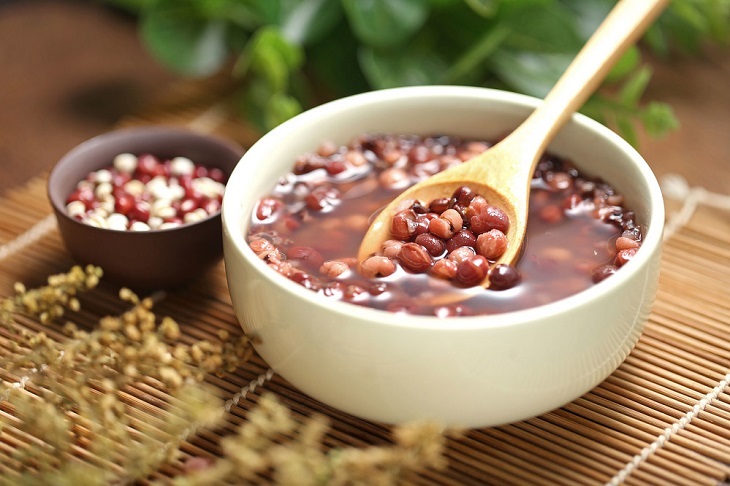The Qixi Festival, also known as the East Asian Valentine's Day, is considered a day of love in Eastern culture. It is celebrated on the 7th day of the 7th lunar month each year, stemming from the legend of the Cowherd and the Weaver Girl, or the Cowherd and Weaver Girl, with many variations. Legend says that the Cowherd and the Weaver Girl were destined to be husband and wife but could not be together; they were only allowed to meet once a year on the Magpie Bridge on the Qixi Festival.
Since then, people have begun to view the Qixi Festival as a Valentine's Day to pray for love and romance. In recent years, this festival has gained much attention and enthusiastic participation from young people. Let's join Travellive as we visit various Asian countries to see what food young people choose to quickly find a partner on Qixi Festival.
Red bean sweet soup (Vietnam)
When searching for "what to eat on the Qixi Festival," red bean sweet soup is often the first result that appears. The subtly sweet flavor of the soup base combined with the rich, creamy taste of red beans makes it a must-try dish on the Qixi Festival. Besides the usual preparation, red bean sweet soup can also be combined with many other ingredients such as fresh milk, lotus seeds, rice noodles, grass jelly, etc., to create a wider variety of flavors. Every year on the Qixi Festival, many sweet soup shops become very popular and often run out of stock due to the popularity of red bean sweet soup.
In ancient Eastern beliefs, red beans are considered a symbol of good fortune due to their natural color, representing auspiciousness and prosperity. Therefore, young people began whispering to each other that eating red beans on the Qixi Festival (Chinese Valentine's Day) would help them quickly find a lover, or for those in love, it would strengthen their bond and ensure lifelong commitment.
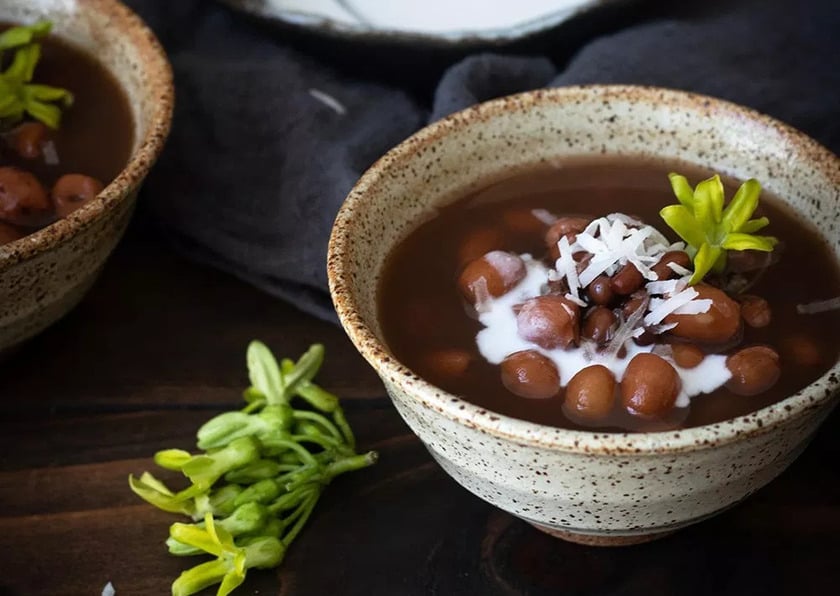
Young people whisper to each other that eating red beans on the Qixi Festival (Chinese Valentine's Day) will help them quickly find a lover, or for those in a relationship, it will strengthen their bond and ensure a lifelong commitment.
Chinese steamed rice cake
The most characteristic dish of the Qixi Festival in China is actually the sesame seed cake, not red beans as many people mistakenly believe. This cake is made from wheat flour, sesame seeds, sugar, and honey, molded in wooden molds, and then baked. The sesame seed cake has a distinctive crispy, sweet taste and a very fragrant aroma.
In particular, the xiaoguo cake also symbolizes a lasting and strong marriage. In some regions of China, red thread is used to string xiaoguo cakes together into bracelets and worn around babies' necks to wish them peace and safety. Additionally, the molds for xiaoguo cakes are often carved with lively patterns such as bats (a homophone for the word for fortune), fish (a homophone for abundance and prosperity), lotus seeds (a homophone for many children and grandchildren)... In the past, in Shanghai, there was a custom where newly married women would bring xiaoguo cakes to their husband's family; this dish was known as a very distinctive food for wishing for a good marriage.
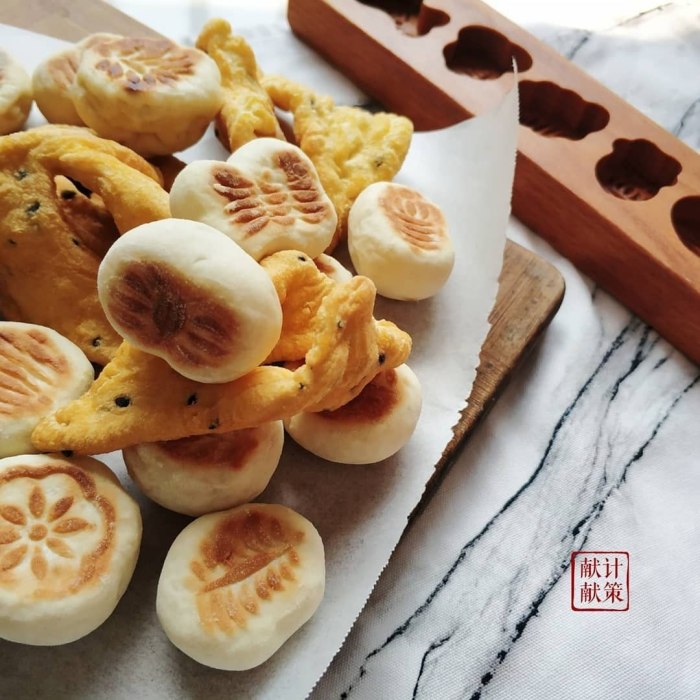
The "xiaoguo" cake is the most characteristic dish eaten on the Qixi Festival in China.
Somen noodles (Japan)
In Japan, Tanabata is usually celebrated from the evening of the 6th to the 7th day of the 7th lunar month each year. This day is also more commonly known as "Tanabata".
In many regions of Japan, people traditionally eat somen noodles on Tanabata Day because of the belief that the long, thin somen noodles resemble the silken threads that Tanabata-tsume wove while waiting to reunite with Hikoboshi.
Another legend suggests that the origin of somen noodles on Tanabata Day stems from royal rituals and customs. According to this legend, the royal family had a ritual of using Sakubi – which is somen noodles today – to ward off illness and bring health and good fortune to members of the family.
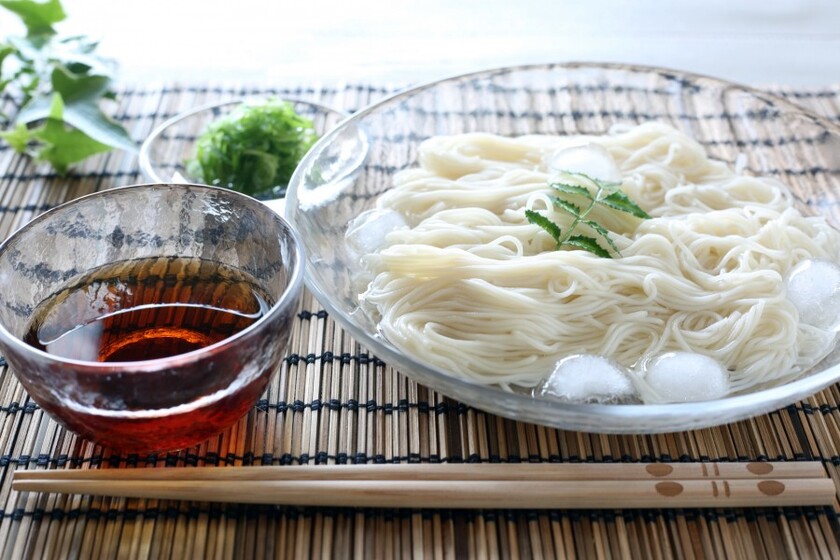
People traditionally eat somen noodles on Tanabata Day because they believe the long, thin strands of somen noodles resemble the silk threads that Tanabata-tsume wove while waiting to reunite with Hikoboshi.
Steamed rice cakes (Korean)
Korean Tanabata is commonly known as Chilseok. Unlike the meaning of Tanabata in China, Chilseok is celebrated during the transitional period between seasons, when the hot weather gives way to the rainy season. It's not just a holiday; it also embodies the people's hopes for prosperity and happiness. People express their gratitude to heaven and earth through traditional dishes. The wheat is at its best during this time, so many dishes are made from wheat.
Made simply from rice flour and red beans to retain the essence of the ingredients, steamed rice cakes have become one of Korea's signature dishes. The color of the red beans also symbolizes good fortune and abundance. Each flavor created during Chilseok makes us marvel at the richness and diversity of Korean culture.
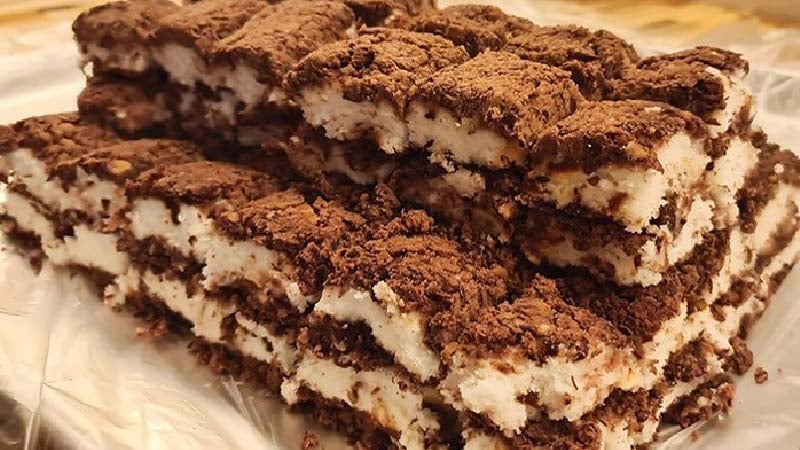

 VI
VI EN
EN



